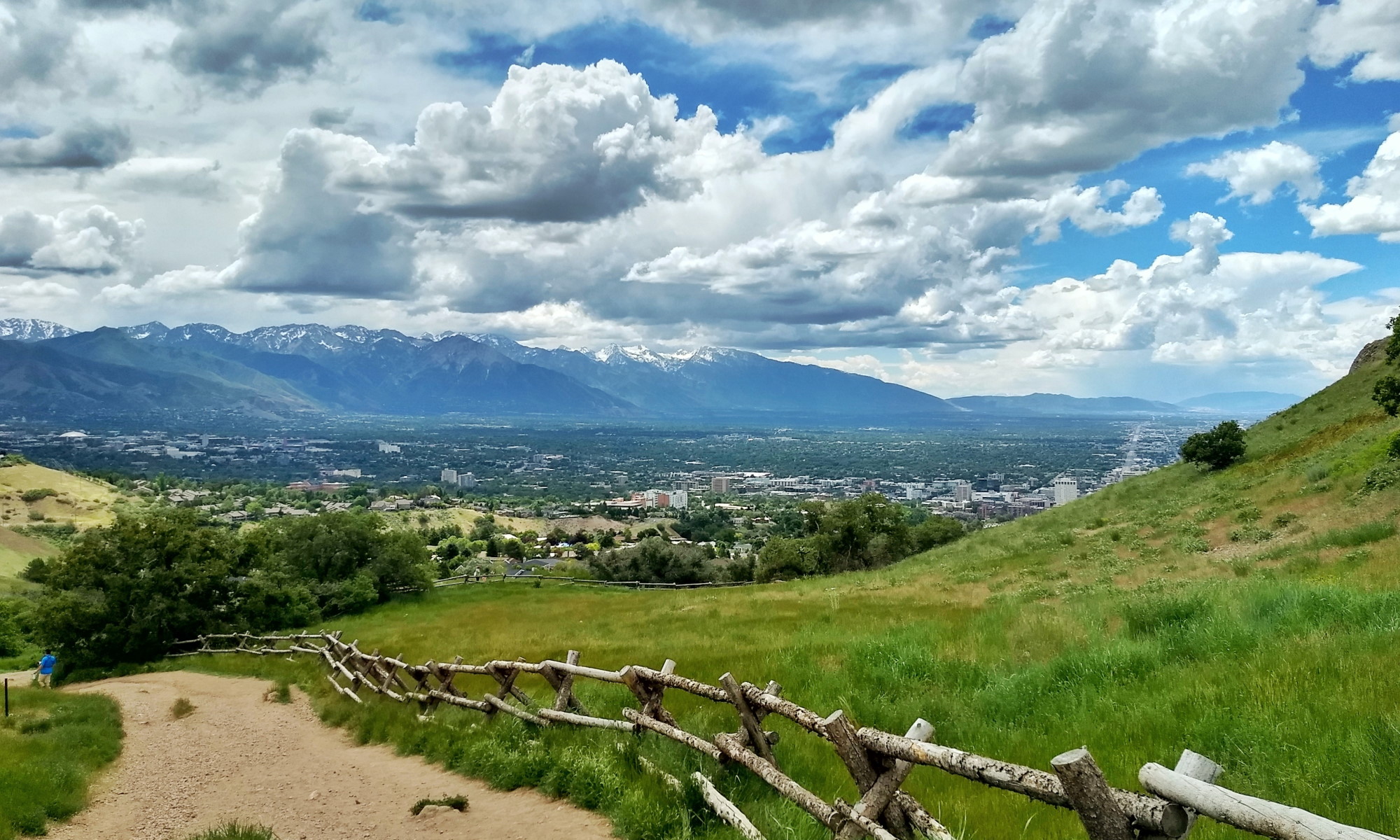Higher Ground | Day 12
PRAISING
Psalm 22:3 – But You are holy, You who sit enthroned / Upon the praises of Israel.
Psalm 119:164 – Seven times a day I praise You for Your righteous ordinances
Heb. 13:15 – Through Him then let us offer up a sacrifice of praise continually to God, that is, the fruit of lips confessing His name.
Praise is the highest work carried out by God’s children. We can say that the highest expression of a saint’s spiritual life is his praise to God. God’s throne is the highest point in the universe, yet He sits “enthroned upon the praises of Israel” (Psa. 22:3). God’s name and even God Himself are exalted through praise.
David said in a psalm that he prayed to God three times a day (Psa. 55:17). Yet in another psalm, he said that he praised God seven times a day (119:164). David was inspired by the Holy Spirit when he acknowledged the importance of praising. He prayed only three times a day, but he praised seven times a day….We should praise the Lord all our life. We should sing praises to our God. (Praising, pp. 1)
Many times praise works where prayer fails. This is a very basic principle. If you cannot pray, why not praise? The Lord has placed another item in your hands for your victory and for you to boast in victory. Whenever you run out of strength to pray and you find your spirit heavily oppressed, wounded, or sagging, praise Him. If you cannot pray, try to praise. We invariably think that we should pray when the burden is heavy and praise when the burden is over. But please bear in mind that there are times when the burden is so heavy that you cannot pray. That is the time for you to praise. We do not praise when there is no burden; we praise when the burden becomes too heavy. When you encounter unusual circumstances and problems and are bewildered and feel like collapsing, just remember one thing, “Why not praise?” Here is a golden opportunity. If you offer your praise at that moment, God’s Spirit will operate in you, open all the doors, and break all the chains. (The Collected Works of Watchman Nee, vol. 48, pp. 169, 227-228, 252)


